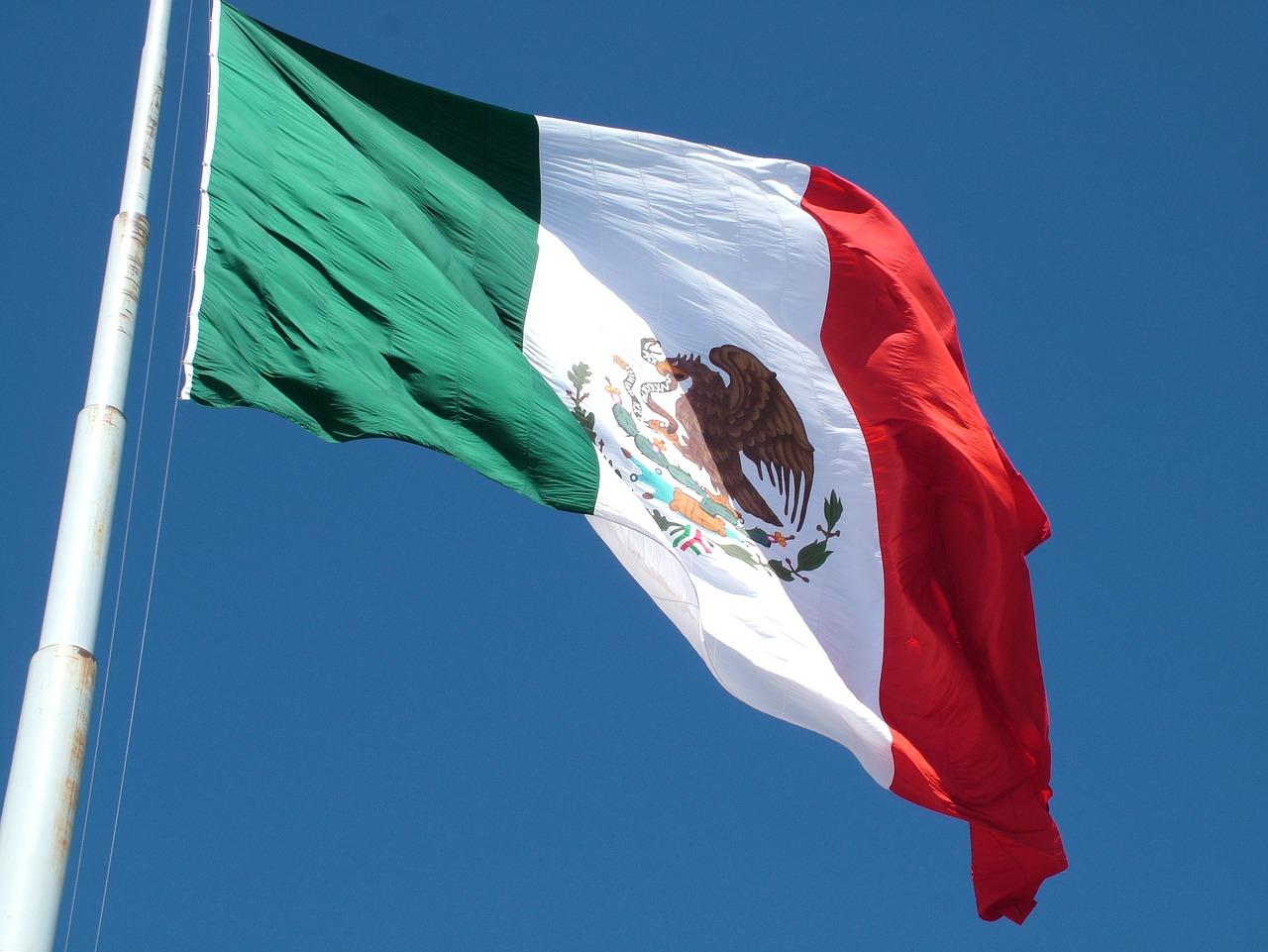With the need for diversification in mind, the UAE launched Operation 300 Billion – a highly ambitious, 10-year program that aims to boost the industrial sector’s contributions to the economy
Albert Einstein once said, in every crisis, there is also an opportunity. This is particularly true of the ongoing Covid-19 pandemic, which has led to unforeseen shocks and supply chain disruptions, impacting industrialised economies and commodity-dependent nations on multiple levels and varying degrees.
Middle Eastern nations, given their heavy reliance on commodities, are significantly at risk and just a trade shock away from an economic crisis. This in turn has highlighted the considerable risk and costs associated with a lack of economic diversification.
The UAE is not impervious to such impacts. According to government and IMF statistics, the country’s economy contracted by 6.9 percent in 2020 as a result of the pandemic, which substantially impacted both oil and non-oil sectors.
With the need for diversification in mind, the UAE launched Operation 300 Billion in March 2021 – a highly ambitious, 10-year program which aims to boost the industrial sector’s contributions to the economy. The strategy will provide AED300 billion to the GDP by 2031, more than doubling its current contribution, as the country seeks to build world-class light and heavy industries.
The move, His Highness Sheikh Mohammed bin Rashid Al Maktoum said, would see be a “giant leap” for the UAE’s growing industrial sector.
“Continually developing and improving the industrial sector will allow us in achieving self-sufficiency in some vital sectors and will safeguard our economy against emerging global crises,” he said.
I very much agree with His Highness Sheikh Mohammed bin Rashid Al Maktoum’s assessment. For the longest time, manufacturing has been considered the backbone of development in economies, as not only does it drive economic growth and success, but it also promotes exports of home-made manufactured goods, thereby expanding trade and commerce. The sector also has the potential to perform well in the longer-term, even if in the shorter-term, it will be other industries, such as pharmaceutical goods, F&B, FMGC, digital solutions, and financial services that will likely be the best players.
Notably, the UAE already has strong prospects in its manufacturing sector. Both Dubai and Abu Dhabi have made great strides in the manufacturing of primary metals and the development of high-value downstream processing sectors – as best epitomised by companies like Emirates Global Aluminum (EGA) and DUCAB – while other emirates like Ras Al Khaimah have become hubs for building materials, with figures showing that a total of 137 countries imported products from the emirate in 2019.
The UAE is home to some very important chemical and pharmaceutical manufacturing sectors and is quickly developing a nascent – but extremely high-tech – aerospace and defense industry through companies such as Strata.
In these circumstances, trade finance can be a key enabler by helping to reduce the risks associated with global trade and reconciling the requirements of exporters and importers. By giving both parties adequate access to financial solutions, which are tailored to their specific needs, multiple products can be used at a time to ensure that the deals take place smoothly.
Trade finance can help importers obtain finance and receive an extension of credit, and the manufacturers can in turn enjoy accelerated cash flows based on account receivables in the vent of factoring – a process which will or can play a significant role in accelerating the industrialisation process. And as the world gravitates toward a renewed globalisation process that works for all, it is without a doubt that trade finance will emerge as the primary tool to economic prosperity for this region.
There are also differences between what trade finance providers and traditional banks can offer. In fact, manufacturers may prefer the former, as trade finance providers provide bespoke solutions which are non-collateralised and non-recourse. Manufacturing entities inherently tend to have a high capital expenditure, therefore using specialised facilities will alleviate balance sheet concerns.
Consequently, specialised trade finance companies tend to have a better understanding of the individual needs of the manufacturing world and are more able to deliver customised solutions. For Tradewind, manufacturing is ingrained in its DNA – as it already works closely with garment manufacturers in Turkey, India, Bangladesh, and Pakistan. Just earlier in April, the trade finance company announced a $2.4 million receivables program for a leading Pakistani denim manufacturer which supplies to leading brands in the UAE and Europe.
These types of initiatives can free up working capital to support sales expansion for both existing and new buyers, which can lead to less liquidity concerns during times of unprecedented stress on supply chains.
Overall, good things are surely coming our way as the UAE continues its journey of building and developing a world-renowned manufacturing industry. By working together, the private and public sectors can overcome the challenges from the past year, and swiftly move past the impact towards a bigger, brighter, and better future.
By: Maham Saadat Siddique, Regional Marketing Director – Asia, Vice President – UAE Commercial, Tradewind Middle East Limited

